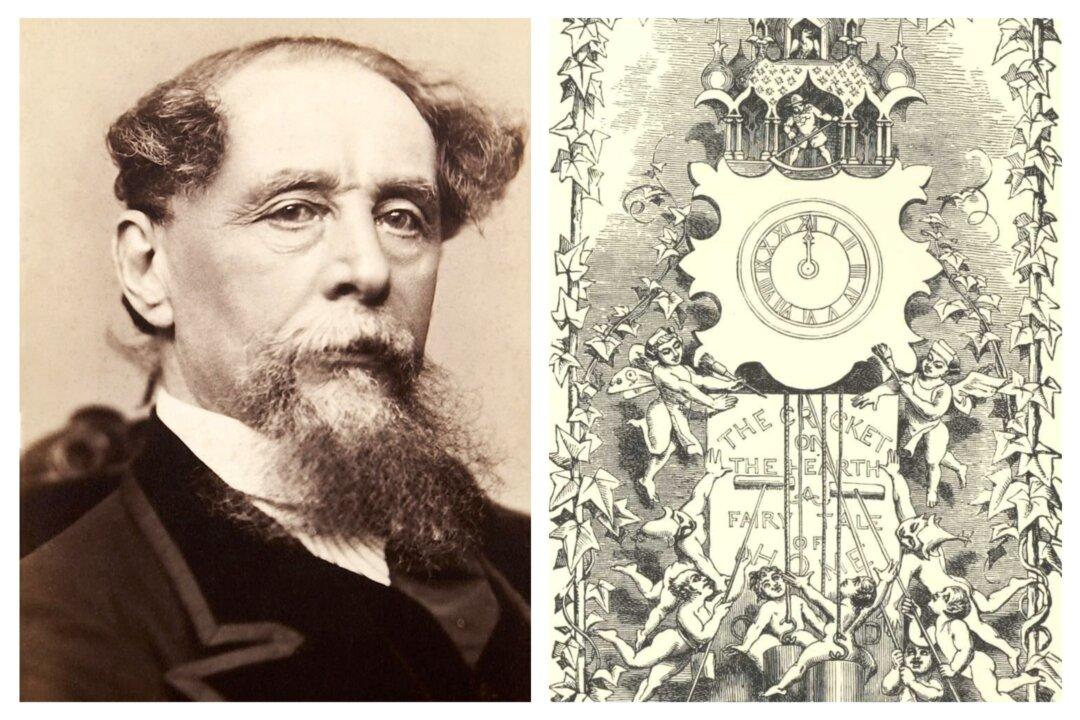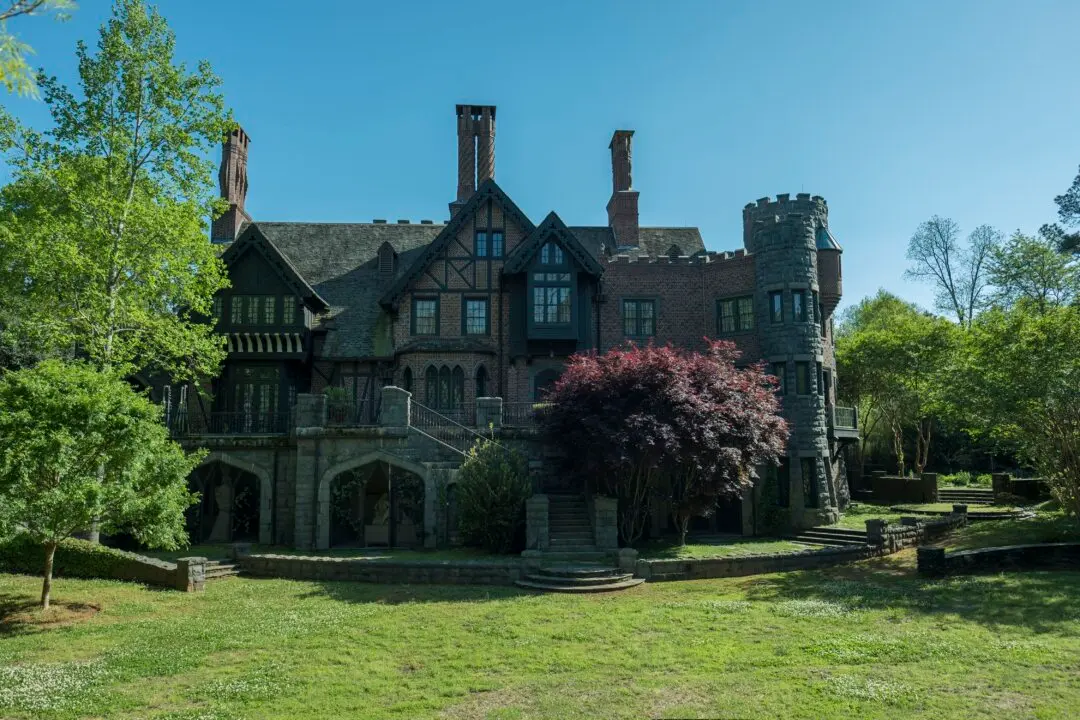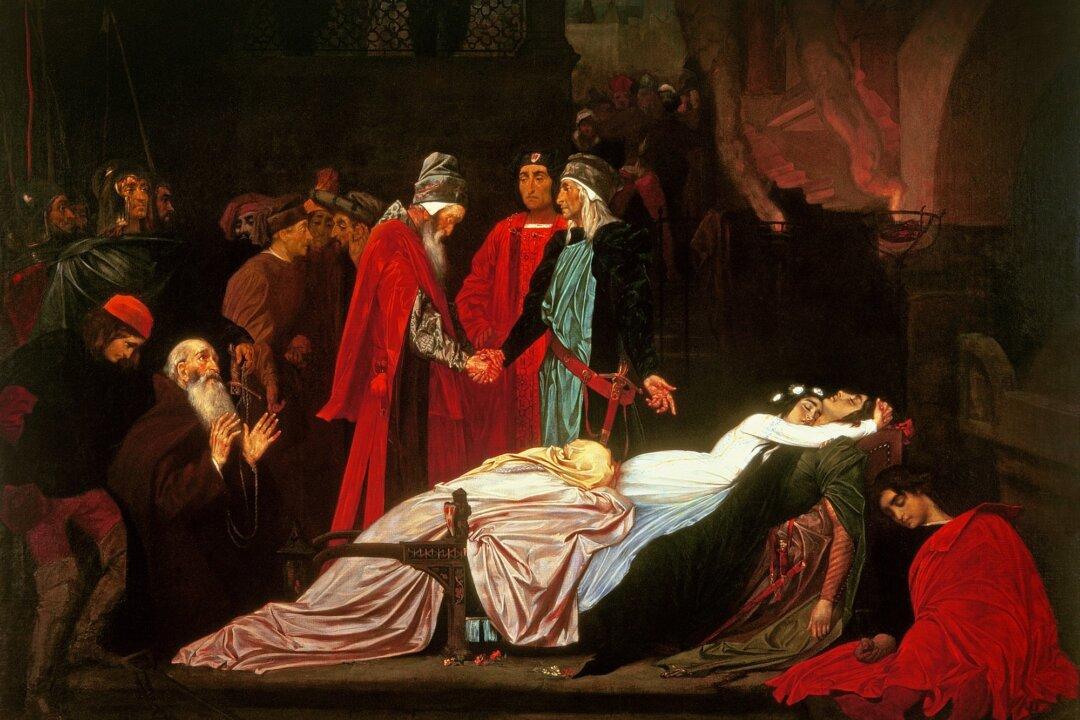It was a time that called for tenderness and tears, but it was also a time that demanded readiness and strength. The young man was about to leave for America. Seeing his mother crying, he hesitated. He suggested staying home. His mother yelled out fiercely through her tears: “Mitri! Mitri! I am ashamed of you!” The high-strung young man was startled—so much so that he fell off the pier into the ocean. Then, he swam back to the pier and got on board.
And so Russian aristocrat Demetrius Augustine Gallitzin said goodbye to his mother, Princess Adelheid Amalie Gallitzin. He would never see her again. Instead, he took with him to the newly founded United States all the toughness, independence of spirit, and strong capacity for love he had learned from her and made himself into one of the thousands of American heroes you have probably never heard about.





